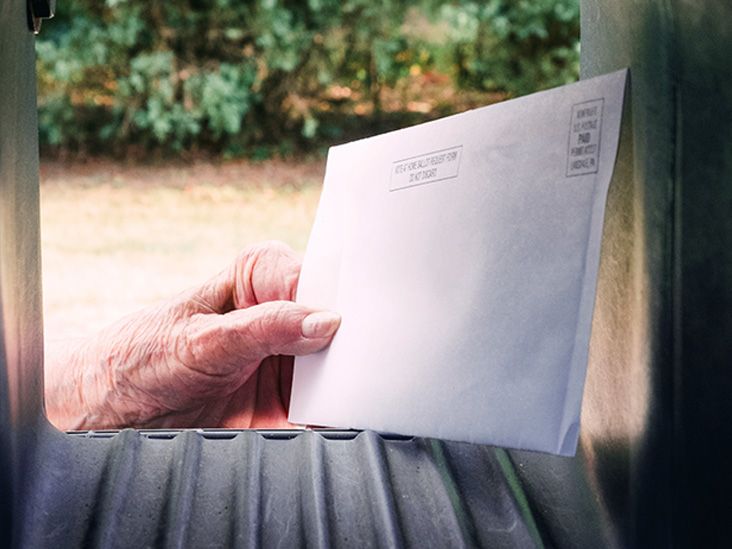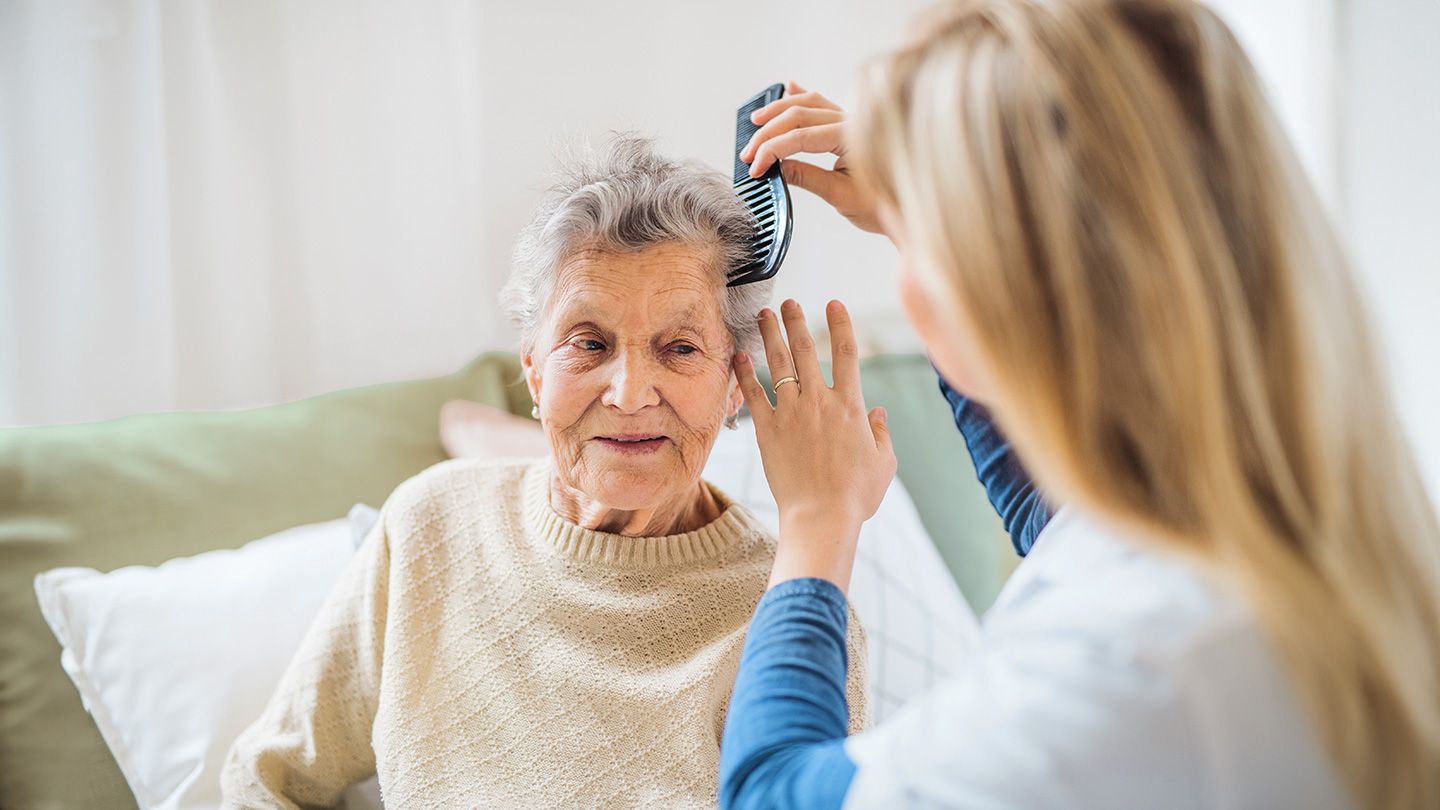The Power of Crosswords
Crossword puzzles have long been a beloved source of entertainment and intellectual stimulation for people of all ages. But recent research has shed new light on the benefits of this unassuming activity, suggesting that it may offer unique advantages when it comes to maintaining cognitive function as we grow older.
Challenging the Brain
At their core, crosswords challenge the brain in a multitude of ways. They require the retrieval of information from long-term memory, the ability to think laterally and make connections between seemingly unrelated concepts, and the capacity to hold multiple pieces of information in working memory simultaneously. These complex cognitive processes engage various regions of the brain, including those responsible for language, memory, and problem-solving.
A Mental Workout
Completing crossword puzzles on a regular basis is akin to giving your brain a workout. Just as physical exercise strengthens the body's muscles, the mental gymnastics involved in solving crosswords can help to build cognitive reserve the brain's ability to compensate for age-related changes and maintain functionality despite the accumulation of neural damage.
Crosswords vs. Video Games
In the age of digital entertainment, video games have often been touted as a means of keeping the mind active and engaged. However, a growing body of research suggests that crosswords may be a more effective tool for preserving cognitive abilities in older adults.
A Tale of Two Activities
While video games can certainly provide mental stimulation and challenge, they often rely heavily on visuospatial skills and quick reaction times. As we age, these abilities tend to decline more rapidly than other cognitive functions, such as language and crystallized knowledge the accumulated wisdom and information we accumulate over a lifetime.
Leveraging Strengths
Crosswords, on the other hand, tap into those areas of cognition that tend to remain more resilient as we grow older. They rely on our vast stores of acquired knowledge, our ability to think flexibly and make connections, and our proficiency in language and vocabulary skills that often remain relatively intact even in the face of age-related cognitive changes.
Incorporating Crosswords into Your Life
Given the potential benefits of crossword puzzles, it's worth considering how to incorporate this simple activity into your daily routine or that of a loved one.
Start Small and Gradually Increase Difficulty
If you're new to crosswords, begin with puzzles that are at an appropriate level of difficulty. As you become more proficient, gradually increase the challenge by tackling puzzles with more complex clues or themes. The key is to find a level that engages your mind without becoming overly frustrating or discouraging.
Make it a Social Activity
Crosswords can be a wonderful shared experience. Consider tackling puzzles together with friends or family members, either in person or by sharing clues and solutions remotely. This social aspect not only enhances the enjoyment of the activity but can also provide additional cognitive benefits through the exchange of ideas and perspectives.
Consistency is Key
To reap the full cognitive benefits of crossword puzzles, it's essential to make them a regular part of your routine. Aim to complete puzzles several times a week, or even daily if possible. Consistency is key, as it helps to reinforce the neural pathways and connections that are strengthened through this activity.
Embracing the Simplicity of Crosswords
In a world filled with technological marvels and constant stimulation, there is something refreshingly simple and grounded about the humble crossword puzzle. Yet, behind its unassuming appearance lies a powerful tool for preserving our cognitive abilities as we navigate the complexities of aging.
By embracing the challenge of crosswords, we can not only find a source of enjoyment and mental engagement but also take an active role in maintaining our cognitive health. As we fill in each square and uncover the hidden connections between words and concepts, we're not just solving puzzles we're unlocking the secrets of the mind's improvement, one clue at a time.
FAQs
Can crosswords really slow down memory loss?
While crosswords alone cannot prevent or cure cognitive decline, research suggests that regularly engaging in mentally stimulating activities like crossword puzzles can help build cognitive reserve and slow the rate of memory loss as we age. Crosswords challenge the brain in a way that taps into cognitive functions that tend to remain resilient over time, potentially mitigating the effects of age-related neural damage.
Are crosswords better for the brain than video games?
Some studies have found that crosswords may be more effective than video games in preserving cognitive abilities in older adults. While video games can provide mental stimulation, they often rely more heavily on visuospatial skills and reaction times, which tend to decline more rapidly with age. Crosswords, on the other hand, leverage language, knowledge, and problem-solving skills that often remain more intact as we grow older.
How often should I do crosswords to see benefits?
Consistency is key when it comes to reaping the cognitive benefits of crossword puzzles. Aim to complete puzzles several times a week, or even daily if possible. Regular practice helps to reinforce the neural pathways and connections that are strengthened through this activity.
Can crosswords prevent Alzheimer's or dementia?
No, crosswords alone cannot prevent or cure Alzheimer's disease or other forms of dementia. These are complex neurological conditions with various underlying causes. However, engaging in mentally stimulating activities like crosswords may help to build cognitive reserve, which can delay the onset of symptoms and slow the progression of certain types of dementia.
Is there a best time of day to do crosswords for optimal brain benefits?
There is no definitive "best" time of day to do crosswords for cognitive benefits. The most important factors are consistency and engaging in puzzles at a level that challenges your mind without causing excessive frustration. Some individuals may find they perform better in the morning, while others prefer tackling crosswords in the evening. Experiment to find the time that works best for your personal cognitive performance and preferences.
Disclaimer: This article is for informational purposes only and does not constitute medical advice. Always consult with a healthcare professional before starting any new treatment regimen.
Related Coverage
Get trusted Medicare plan help from SHIP, 1-800-MEDICARE, and free tools. Make confident choices without sales pressure....
Compare Louisiana Medicare plans 2025. Get help choosing the right coverage for your health needs and budget in Louisiana....
Boost your energy as you age with smart nutrition choices. Find out how diet impacts fatigue and what foods help maintain stamina....
Don't face unexpected costs. Know how the Medicare Part A penalty works and how to avoid paying more for your coverage....
Learn how to access deceased medical records under HIPAA and Medicare. Get step-by-step guidance for requesting records after a loved one's death....
Get clear info on Kentucky Medicare options including coverage, costs, and enrollment to make the best healthcare choice....
Hospice care falls short in areas of psychological support, communication, caregiver assistance, and symptom management. Learn what hospice doesn't discuss....
Beers Criteria 2023 helps older adults avoid risky medications and choose safer options for aging well with fewer side effects and better health outcomes....
Doing crossword puzzles regularly can help improve memory, concentration, and reasoning in aging adults. Crosswords engage broader cognitive skills than brain games....
Aging is gradual but starts earlier than many realize - around age 30. Understand normal physical and mental changes to expect through middle age and beyond....









